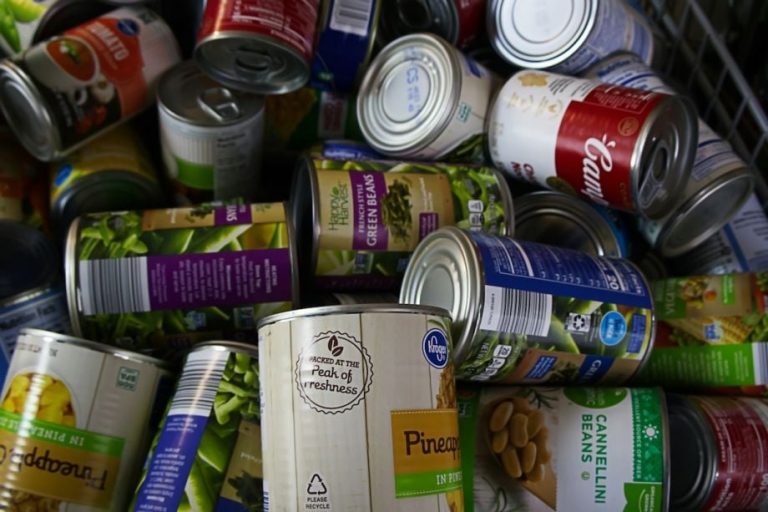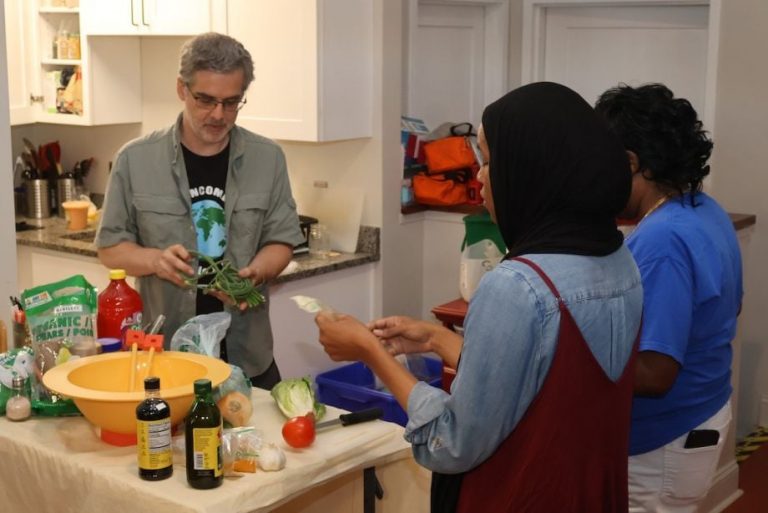Kentucky Organizers Fill The Gaps As SNAP Delays Leave Families In Limbo
“I was expecting, maybe, four of us?” Willa Johnson remarked, earning a few laughs around the table. She sat among about 20 familiar friends and new faces. Most were residents of Letcher County in southeast Kentucky. All were committed to helping their neighbors through food insecurity amid the federal government shutdown.
Two days earlier, Johnson made a post in a new mutual aid Facebook group, ‘Kinfolks Feeding Kinfolks,’ asking for locals to help fill the gap if the shutdown halted food aid benefits. She gave a statement, date, time, location and a plea to leave politics at the door.
“After the floods in 2022, we saw the very best of that neighborly love in action.















